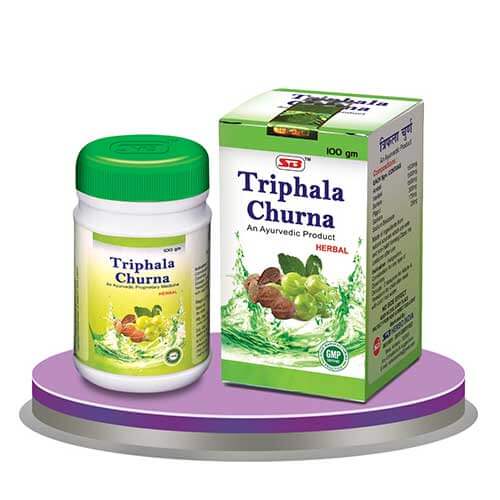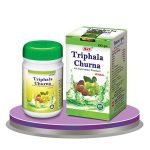Ginger may help relieve nausea and vomiting and aid digestion . Antioxidants and other nutrients in ginger root may help prevent or treat arthritis, inflammation, and various types of infection. Ginger may also reduce the risk of diabetes, cancer, and other health problems. Ginger is another ingredient many turn to after getting sick. Ginger may help decrease inflammation, which can help reduce a sore throat and inflammatory illnesses.
While it’s used in many sweet desserts, ginger packs some heat in the form of gingerol, a relativeTrusted Source of capsaicin.
Ginger may also decrease chronic painTrusted Source and might even possess cholesterol-lowering propertiesTrusted Source.
Here are some foods and practices that can help with digestion and boost immunity:
Digestion: Gingerol, a compound in ginger, can help with digestion, nausea, and bloating. Ginger can also help with constipation.
Immunity: Ginger can help boost the immune system.
Other health benefits: Ginger can also help with:
Pain: Ginger's anti-inflammatory properties can help with pain.
Blood sugar levels: Ginger may help regulate insulin production.
Cholesterol: Ginger may help reduce cholesterol levels.
Heart health: Ginger can help improve blood circulation and lower cholesterol levels.
Muscle pain and joint stiffness: Ginger can help reduce muscle pain and joint stiffness.
Menstrual discomfort: Ginger can help reduce menstrual discomfort.
Ginger has been used in traditional and alternative medicine for a long time. It's known for its unique flavor and fragrance, which come from its natural oils.
Ginger may easeTrusted Source pain through anti-inflammatory and analgesic effects of its gingerol compounds.
concluded that ginger may specifically help reduce dysmenorrhea — pain right before or during a period. However, the authors acknowledge that the studies they had reviewed were often small or of poor quality.
Ginger is not just delicious. Gingerol, a natural component of ginger root, benefits gastrointestinal motility ― the rate at which food exits the stomach and continues along the digestive process. Eating ginger encourages efficient digestion, so food doesn’t linger as long in the gut.
Research shows that ginger is safe for most people to eat in normal amounts — such as those in food and recipes. However, there are a couple of concerns.
Research shows that ginger is safe for most people to eat in normal amounts — such as those in food and recipes. However, there are a couple of concerns.
Higher doses, such as those in supplements, may increase risk of bleeding. The research isn’t conclusive, but people on anti-coagulant therapy (blood thinners such as warfarin, aspirin and others) may want to be cautious.
Studies are exploring if large amounts of ginger may affect insulin and lower blood sugar, so until more is known, people with diabetes can enjoy normal quantities of ginger in food but should steer clear of large-dose ginger supplements.
For any questions about ginger or any other food ingredient and how it might affect your health, a clinical dietitian can provide information and guidance.
Before adding more ginger to the diet or taking a ginger supplement, consult a healthcare professional.
Ginger: Aids digestion and boosts immunity.
Madhumita Shil
Featured products
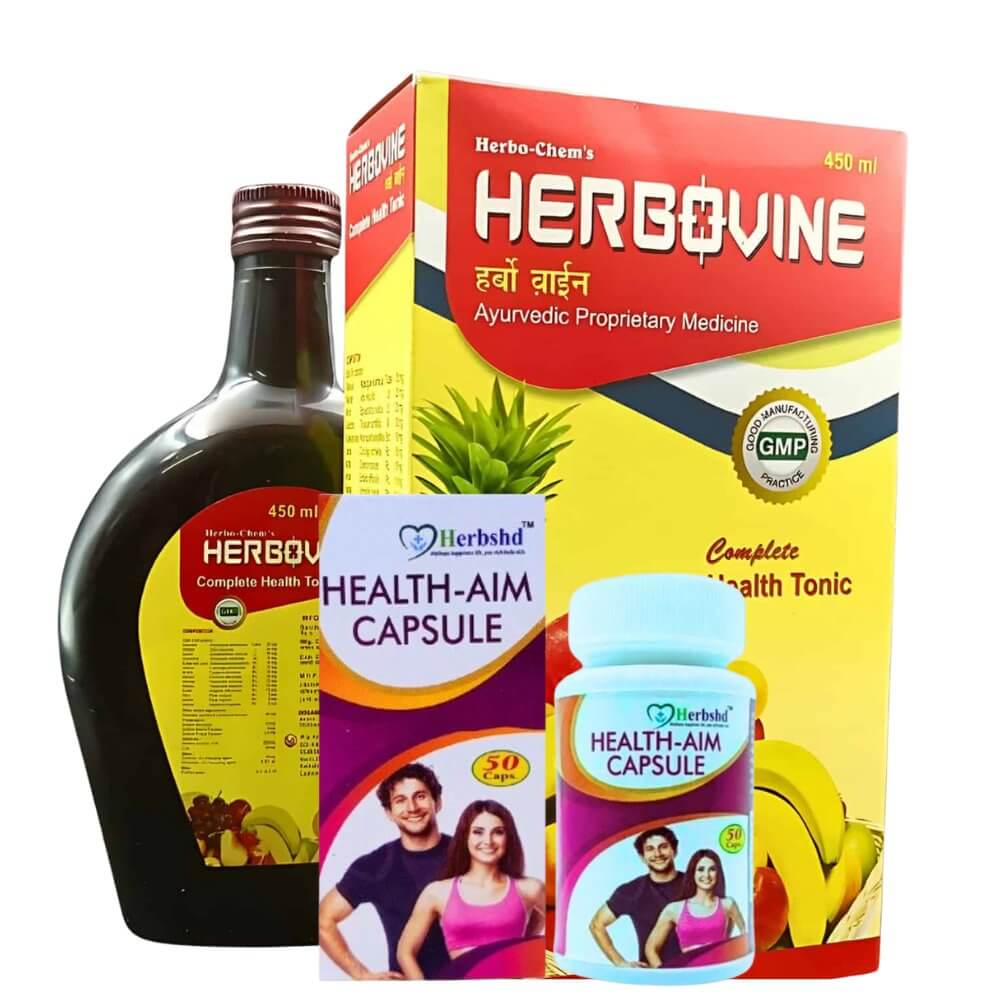
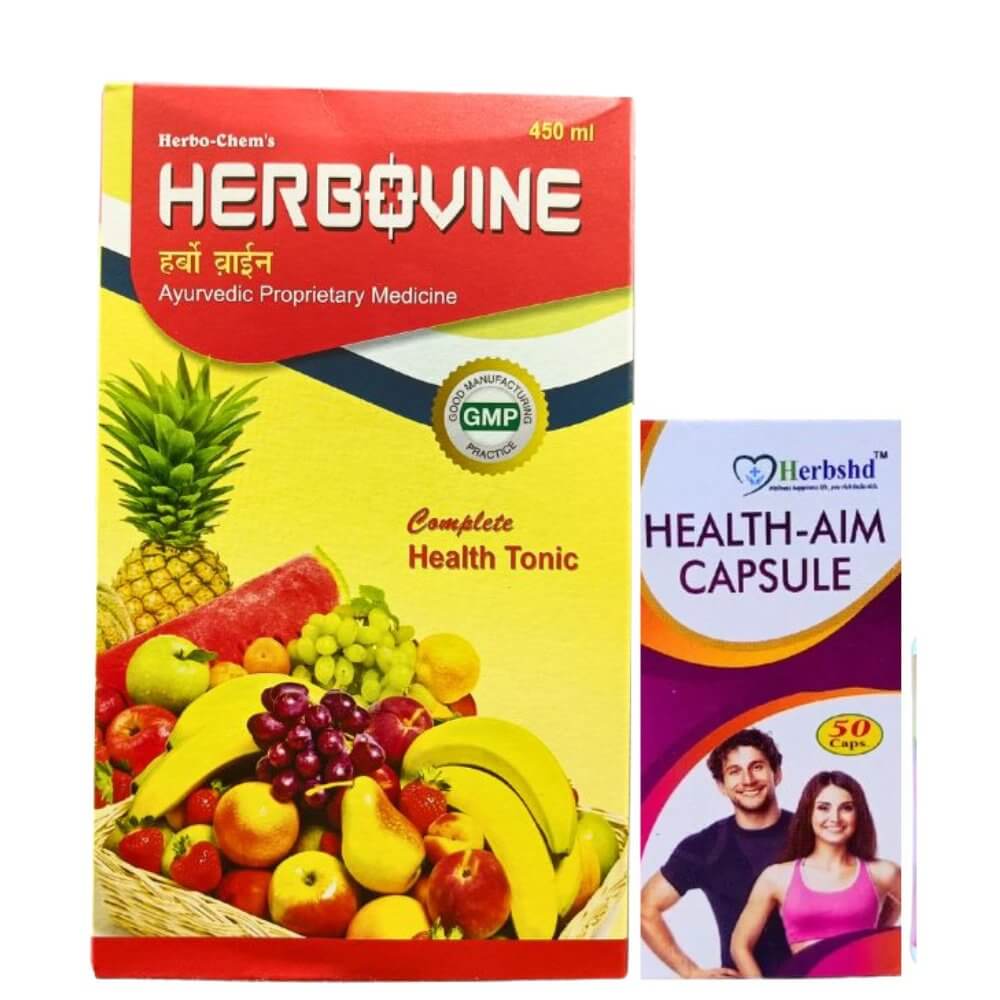
Sale priceRs. 600.00
Regular priceRs. 620.00
100% Natural Weight Gainer Herbovine Health Tonic & Health Aim Capsule ( Best Combo Pack )gitaayurvedic.com
No reviews
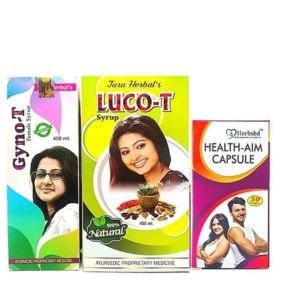
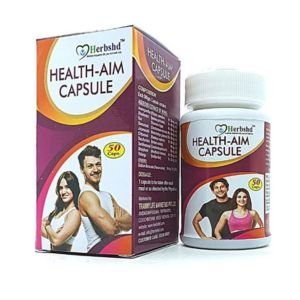
Sale priceRs. 759.00
Regular priceRs. 866.00
100% Safe Ayurvedic Combo Pack For supports women's health.HERBSHD
1 review
Main menu


